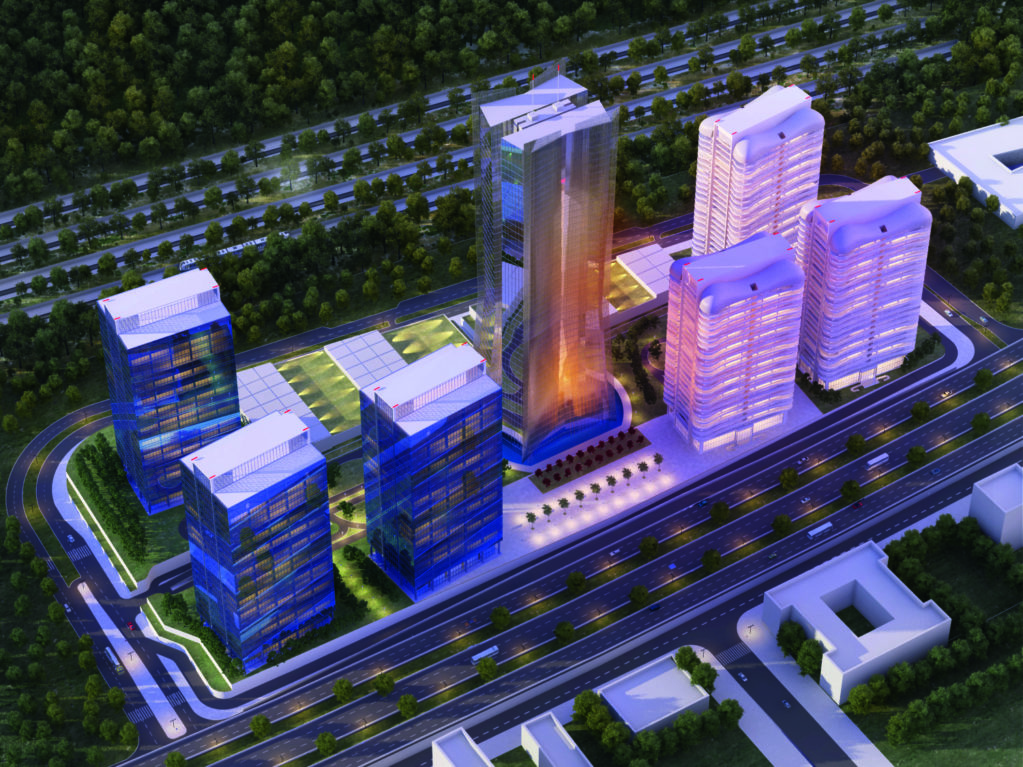Consider the following: a billion-dollar budget; 6,102 hectares of prime real estate in the capital of Africa’s largest market; an affiliation with the World Trade Center’s Association and a leading conglomerate with a history of success across multiple sectors of the Nigerian economy. By combining these facts, one thing that can be inferred is a property development project of seismic proportions: The World Trade Center Abuja.
Born out of a vision to transform Nigeria’s urban landscape with elevated building designs, the real estate arm of the Churchgate Group, a conglomerate that operates in the industrial, trading and building sectors in Nigeria, has obtained the rights to build and operate a World Trade Center complex in the Nigerian capital. Located on Constitution Avenue, the major thoroughfare in the city’s CBD, the multi-purpose complex will consist of seven towers containing office buildings, shopping malls and 37 floors of luxury residential apartments.
Described by the group as the premier address for retail, office and residential spaces, the luxury residences, known as The World Trade Center Residences, will be housed in what the promoters have termed “the most iconic building in Nigeria”. The fully serviced apartments will have concierge services, underground parking, tennis and squash courts, fitness centers and outdoor swimming pools. In addition to the apartments, penthouses with views of the metropolis will also be for sale.
The group has appointed Fine & Country, the luxury real estate marketing company, to market the 132 bespoke residences. Fine & Country won the Bloomberg and Google International Property Award for Best International Real Estate Marketing Agency last year.
That a luxury project of such grand scale is being undertaken in Nigeria reveals a confidence in economic growth and the increased flow of private equity in and across the African continent. According to a recently published wealth report by Knight Frank and Citibank’s private banking division, the highest increases in the prices of luxury real estate occurred in Kenya—both in Nairobi and on the coastal fringes. With increases of 25% and 20%, these locations brushed aside competition from destinations including Miami, the emerging markets of Bali and Jakarta in Indonesia, and traditional heavyweight London, to rank first and second on the Prime International Residential Index in which Cape Town regularly features.
Loading...
Also worthy of a mention is the fact that the report identifies Nigerians to be among the top five nationalities to watch with respect to the demand for luxury real estate. The market for luxury property developments in Nigeria seems to be maturing, which implies positive benefits in terms of the flow of capital and the multiplier effect on the economy.
Although much still needs to be done to sustain this growth, one thing is certain—a new dawn is spreading across the continent, and this is not lost on the local and global elite.
Loading...





















